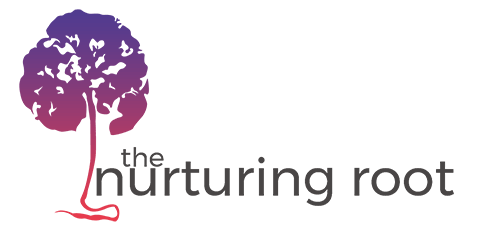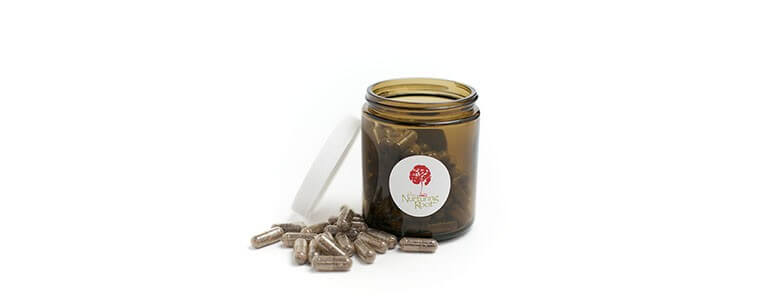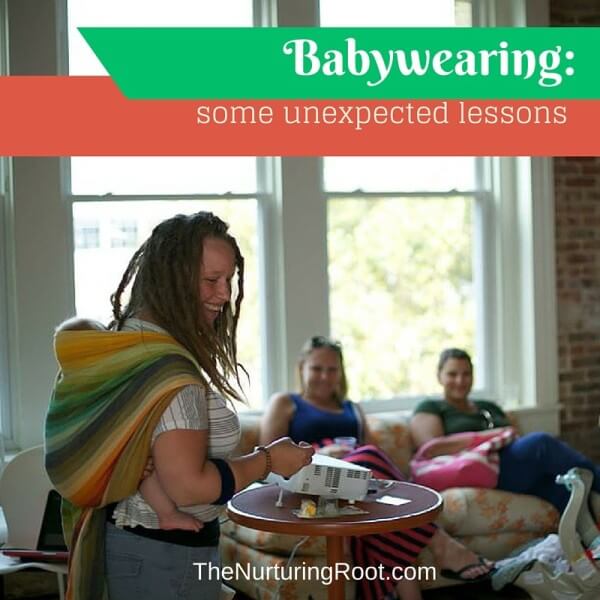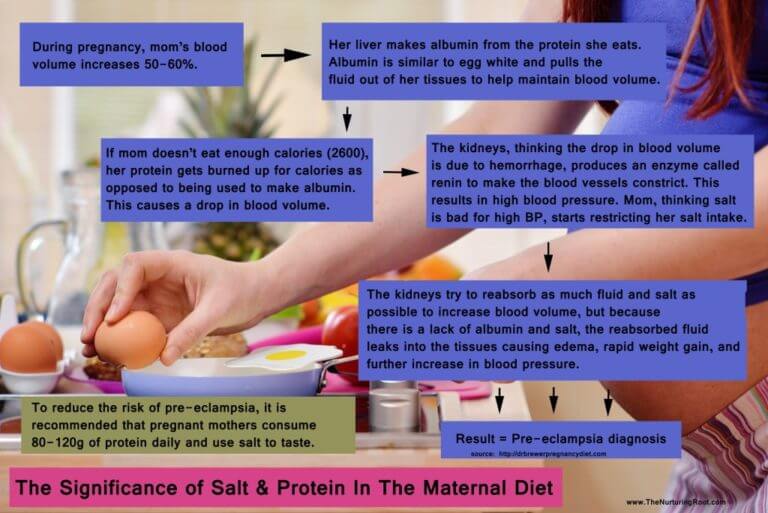While pregnant did you take a prenatal supplement? And what about after baby is born; have you considered taking a postnatal vitamin? It is well known that a high quality prenatal supplement can provide you with extra folate, vitamin D, and magnesium to support a healthy pregnancy. Once baby arrives, you may still need additional vitamins to facilitate breastfeeding and healing. Your placenta may be the perfect postpartum supplement! In this post I’ll discuss what hormones, nutrients, and vitamins are present in your placenta, various research supporting placenta consumption, and how it can help you heal and find balance during the postpartum transition period.
What hormones, nutrients, & vitamins are in my placenta?
Corticotropin-Releasing Hormone (CRH) Stress relieving hormone.
Human Placental Lactogen (hPL) Regulates maternal insulin, protein, and fat levels; promotes breast tissue growth.
Oxytocin Decreases pain; controls uterine contractions; enhances ‘letdown’ reflex; counteracts stress hormones.
Placental Opioid-Enhancing Factor (POEF) Stimulates the production of your body’s natural opioids reducing pain.
Prolactin (PRL) Promotes lactation and increases milk supply.
Interferon Signaling protein that stimulates the immune system to help fight infections.
Thyroid Stimulating Hormone Regulates metabolism and energy, and supports recovery from stressful events.
Immunoglobulin G (IgG) Type of antibody that protects against infections and enhances immune system response.
Fibrin Stabilizing Factor (XIII) Enzyme that stops bleeding and promotes wound healing.
Vitamin B-6 An essential vitamin that supports metabolism, energy levels, and nervous system function.
Hemoglobin (Hb or Hgb) An iron-rich protein that carries oxygen throughout the body.
What research supports postnatal placenta consumption?
The research surrounding the positive attributes of placenta encapsulation is very promising. Your placenta is the lifeline to your baby, and this temporary organ is made to nourish. It brings vital nutrients and exchanges waste, to support the normal growth and development of your baby. Your placenta is also an integral member of your endocrine system. It produces and contains critical hormones, nutrients, and molecules, including: corticotropin-releasing hormone (CRH), human placental lactogen (hPL), oxytocin, placental opioid-enhancing factor (POEF), and more.
Corticotropin-releasing hormone is a stress relieving hormone usually produced by the hypothalamus. But during pregnancy, your placenta takes over synthesization of CRH. A woman’s level of CRH increases three-fold during pregnancy. After birth, it takes a few weeks for the hypothalamus to begin re-regulating CRH. Low levels of CRH in postpartum women may be linked to depression.
Human placental lactogen is responsible for regulating maternal insulin, protein, and fat levels, to benefit the growth of the baby. It is crucial for milk gland stimulation and for the initiation of colostrum production. In a small study from the 1950’s, 210 new mothers were given dried placenta, which is rich in hPL. Over 86% of participants in the study noted an increase in milk production.
Oxytocin, often called ‘the love hormone’, is responsible for uterine contractions and the ‘letdown’ reflex while breastfeeding. Oxytocin also promotes love, empathy, and bonding. When you consume your placenta, its high levels of oxytocin can help slow your postpartum bleeding, relieve discomfort, and facilitate breastfeeding.
Placental opioid-enhancing factor is only present in the placenta and amniotic fluid. POEF can stimulate the production of your body’s natural opioids, reducing pain and enhancing your sense of wellness. In one study, the benefits of placenta ingestion by nonhuman mammalian mothers (rats) are significant. It provoked an increase in mother-infant interaction, and increased the effects of pregnancy-mediated pain relief.
How can a postnatal placenta supplement help me recover from birth?
Our culture of childbirth and the postpartum period are rife with trauma, stress, anxiety, and depression. Placenta encapsulation presents a gentler, and perhaps, biologically normal, way of balancing the chaos that can come with a new baby.
Placenta is ancient medicine for modern healing. Traditional Chinese Medicine (TCM) has been using placenta as a remedy for 1400 years. The many hormones and nutrients found in your placenta can help you heal, and find optimal balance, during the postpartum transition period. Choosing to encapsulate your placenta may help:
Balance Hormones
Support Lactation & Enhance Milk Supply
Replenish Iron, Minerals, & Vitamins
Mitigate Postpartum Bleeding
Provide Natural Pain Relief
Ease ‘Baby Blues’
Decrease Severity of Postpartum Mood Disorders
Boost Energy
Welcoming a new baby is a joyous occasion, but this exciting time of transition can be challenging. Our placenta encapsulation services can help you have a calmer, more peaceful, and restorative postpartum experience.





